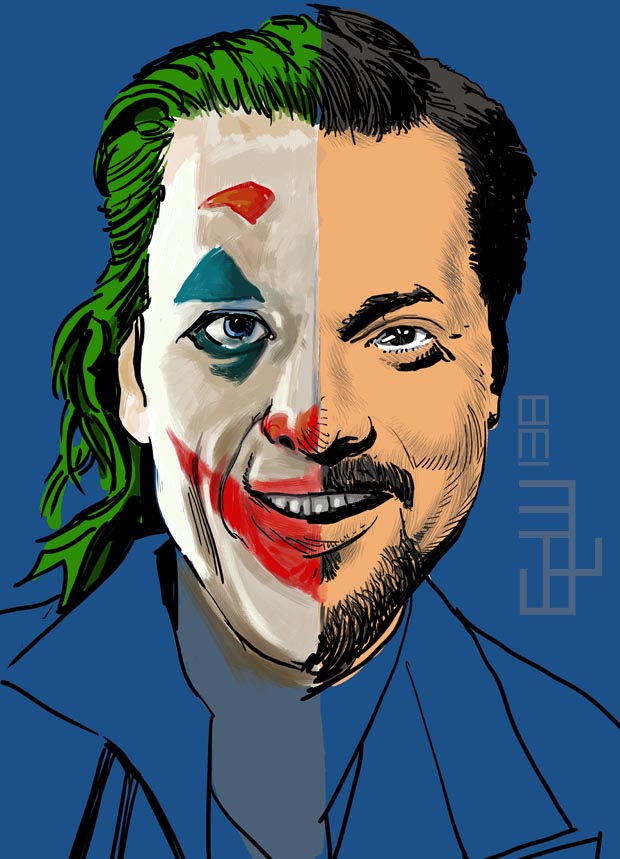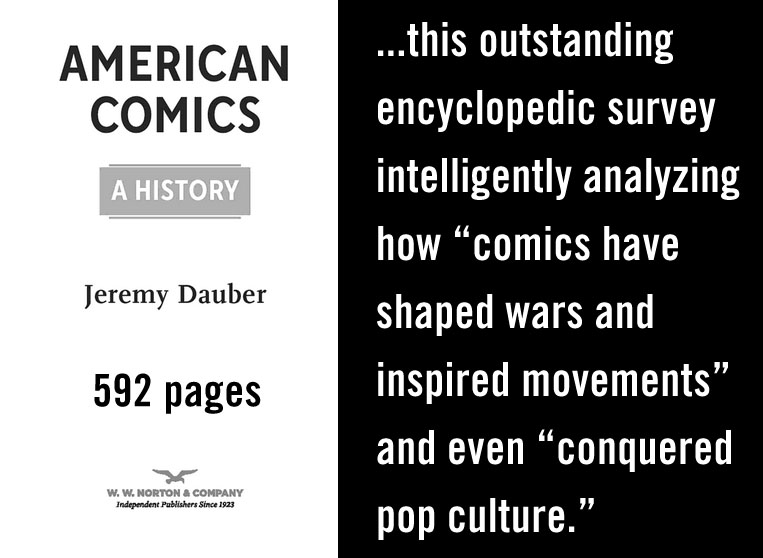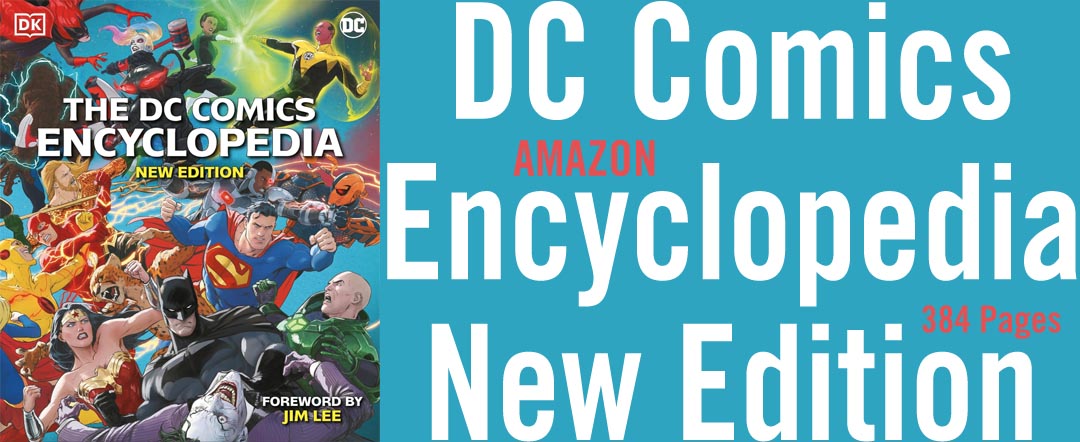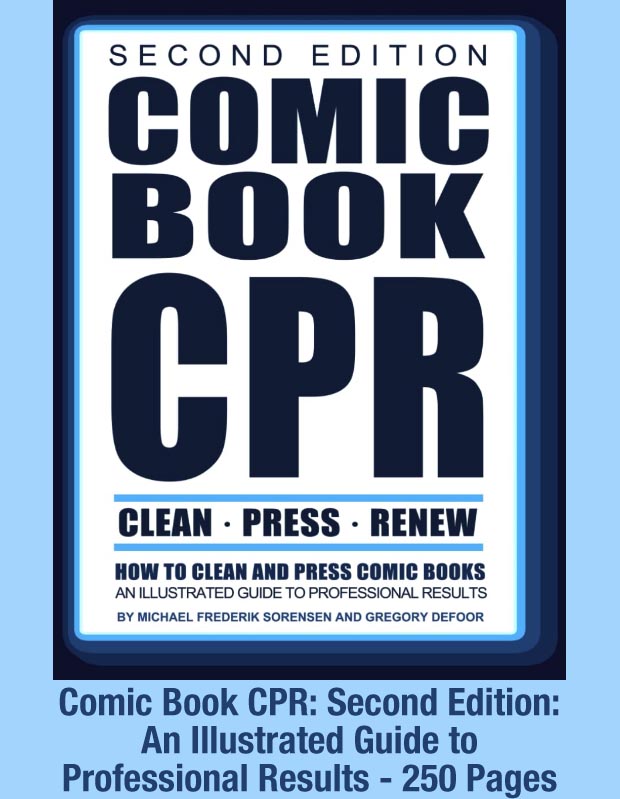Filmmaker David Fincher attacks Joker and Orson Welles

Taking shots at dead Hollywood stars is something that happens frequently, dead people being easy targets since they can't exactly answer back.
Considering Welles is considered a legend for his talent and irascibility, such that his career usually didn't fit with how films were supposed to be made then or now, going after Orson is easy but is also a pretty tall order.
Welles was almost always on the outside of the official Hollywood world, hence all of the by-the-seat-of-his-pants productions that fill up the decades of his resume. He started off at age 25 by starring, directing and co-writing Citizen Kane, and with that you'd think Welles would be fairly immune to assault since he's one of the basic models for a 'maverick' filmmaker. But "maverick" is a term of endearment awarded by Hollywood to a moviemaker who has come to be unthreatening to the status quo, usually a past tense filmmaker, someone who created quality despite all of Hollywood's efforts at not letting it happen.
Whatever the case, Fincher speaks on Welles' "delusionary hubris" and "filthy immaturity" and I can't see any reason to defend against the charges since Fincher might be right, or might be wrong, I have no idea (I didn't know Welles. Usually people who did knew him have writen a book about it). But this is a sticking point to Fincher.
Welles impact on Hollywood is that they have the benefit of Welles' innovations though at the time they simultaneously cut him off from funding, which was somethign that goes beyond well the personality attacks Fincher levels. One thing that comes to mind is that if all of Hollywood were to be judged for these things Fincher brings up ("delusionary hubris" and "filthy immaturity"), how many in that town would be able to make films at all? (Fincher does make a hilarious observation that Hollywood is like the five mob families from "The Godfather," and that's a colorful comparison.)
...Fincher was speaking with The Daily Telegraph (via Deadline) when he said, “Nobody would have thought they had a shot at a giant hit with Joker had The Dark Knight not been as massive as it was. I don’t think anyone would have looked at that material and thought, ‘Yeah, let’s take [Taxi Driver’s] Travis Bickle and [The King of Comedy’s] Rupert Pupkin and conflate them, then trap him in a betrayal of the mentally ill, and trot it out for a billion dollars.”
Fincher picking on Joker is another tall order. The criticism that it is a "betrayal of the mentally ill" appears to disregard the central dynamic of the character played by Joaquin Phoenix who shows a descent into a deeper and more dangerous madness after being dropped from the rather threadbare support provided by the state for counseling and psychodepressants.
The mob attack seen later in the film implies Joker isn't the only one who has been "cut loose" by the on-again-off-again nature of that state controlled mentally ill care system. Joker's spree of murder reflects not only the instability of his mental state, but his still functioning moral order which allows him to choose (and also refuse) who he will kill, something which directly shows him not just as an obviously dangerous "psycho," but also as still a human being with an internal character that is determining his decisions. Having the mentally ill appear human is hardly a betrayal.
As far as conflating Taxi Driver and King of Comedy, there's that very old saying in Hollywood, "Movies are not made. They are re-made."
Article about Fincher at Den of Geek
November 16, 2020


Original Page Updated November 17, 2020 | Updated Jan 15, 2021


